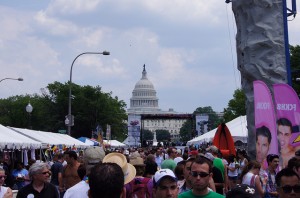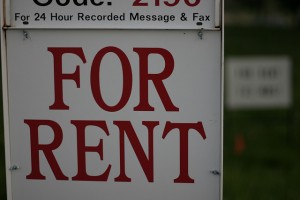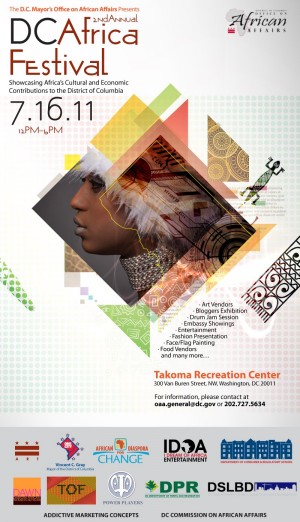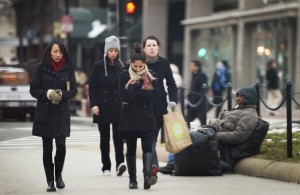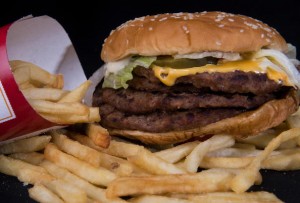Advocacy Groups Urge D.C. Council To Restore Funding To Housing Production Trust The District has money set aside to help tenants purchase their buildings once their landlords want to sell. But that fund is dwindling. (WAMU)
African American Civil War museum dedication honors black soldiers The African American Civil War Museum opened in 1998 with 700 square feet of exhibit space. It reopens today in a new location with 5,000 square feet of exhibit space. (The Washington Post)
Homeless To Rehab Houses In D.C.’s “Sweat Equity” Program A new program in D.C. aims to train the homeless or formerly homeless in construction work. They will then help rehab vacant homes throughout the District that will eventually house the homeless. (WAMU)
Mt. Pleasant Residents Seek Answers in Police Shooting A longtime Mount Pleasant resident was shot and killed by D.C. police officers during a stand off a month ago. Residents question whether police acted too aggresively to apprhend the man, who was mentally unstable. (DCist)
Northwest’s Ruff & Ready to move on A longtime business along 14th Street will be closing by the end of August. No word on why the landlord isn’t extending the antique shop’s lease, but rents in the neighborhood are on the rise. (Washington Times)
Apartment construction remains hot There may not be many new houses being constructed, but at least apartment construction is up by 50 percent. (Washington Business Journal)



